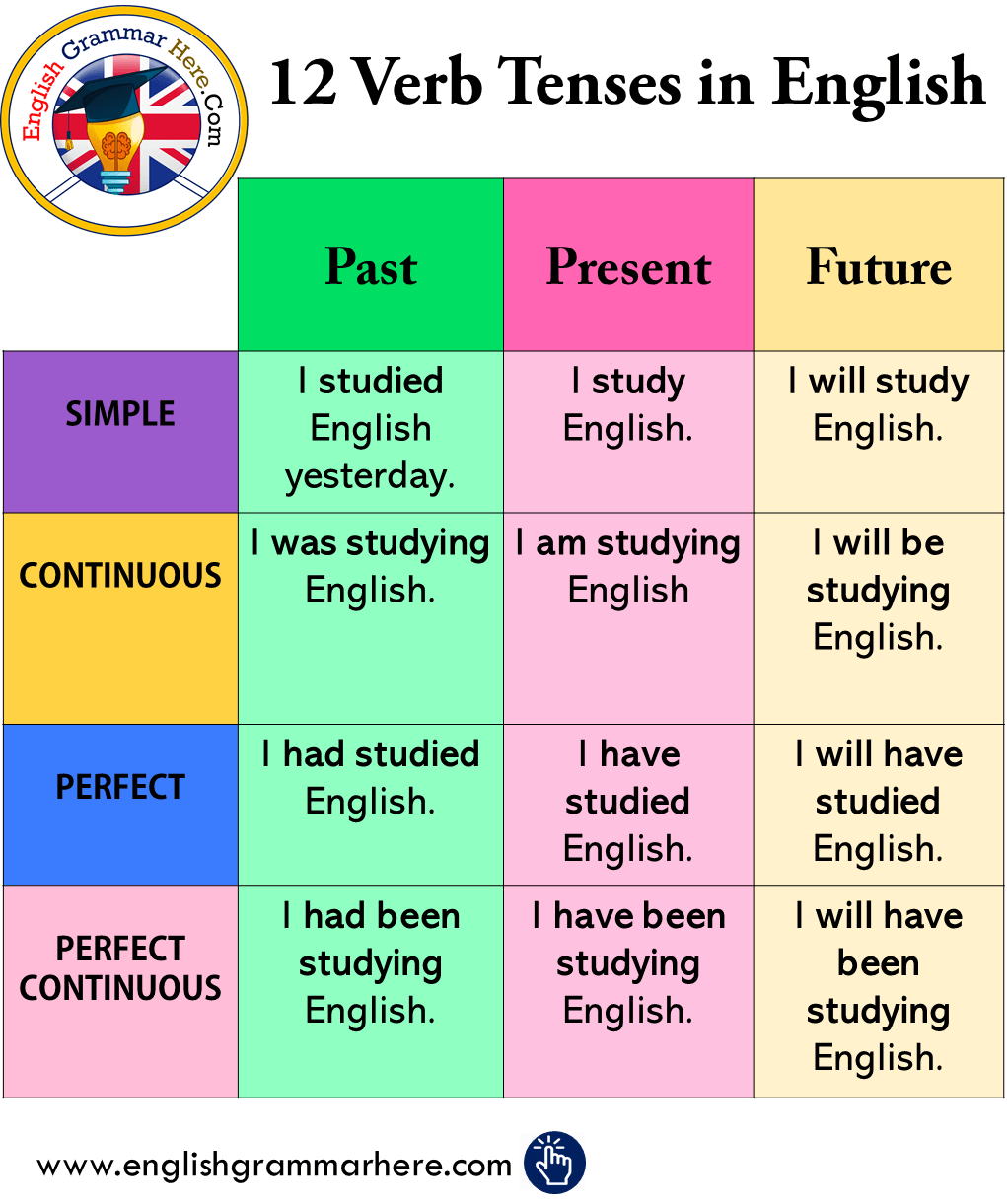

We use the Present Tense for situations that are quite permanent. We use the Present Tense when we are talking about facts or things that we know are true. Scroll down the page for more examples and explanations. The following table shows the spelling rules for verbs in the Simple Present Tense. Sentences in the past perfect tense and the past perfect progressive tense use "had" along with the main verb, no matter whether the subject is singular or plural.IELTS, TOEFL And English As A Second Language

When you're writing in the progressive or perfect tenses, the main verb doesn't change with singular or plural subjects - but the linking verb does. Plural irregular - They sold my motorcycle.Singular irregular - He sold my motorcycle.Plural irregular - We came to the party.Singular irregular - She came to the party.Plural regular - Dave and Miles played football.Singular regular - Dave played football.Plural regular - The neighbors helped me.Regular past tense verbs (and most irregular past tense verbs) are the same for both singular and plural subjects.

Deciding whether a verb is plural or singular mostly happens when you're writing in the present tense.


 0 kommentar(er)
0 kommentar(er)
